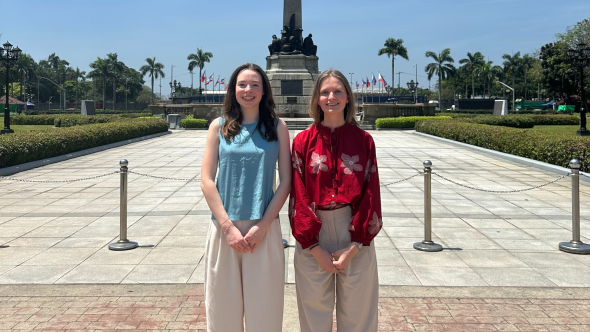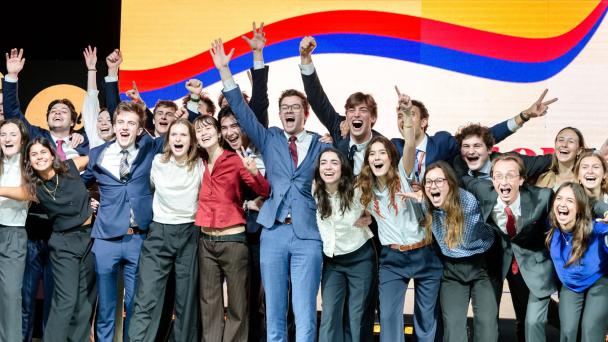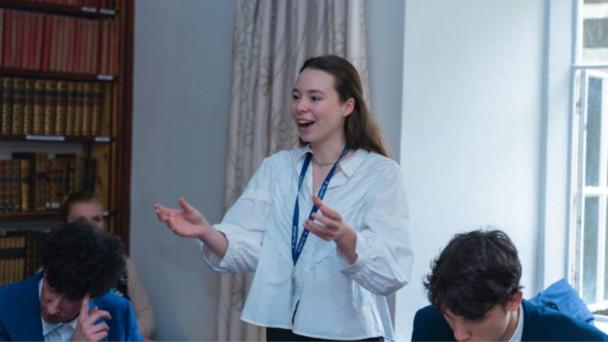Two students from the Faculty of Law become world diplomacy champions
Law students at UNamur, Marilyn Emmerechts and Delphine Blomme are part of the MUN Society Belgium (MSB), an organization that offers debate simulations in UN committees. In March, their team travelled to Manila, Philippines, to compete in the World Student Diplomacy Championships, organized by Harvard University. For five days, they debated alongside over 1,000 students. Interview.




